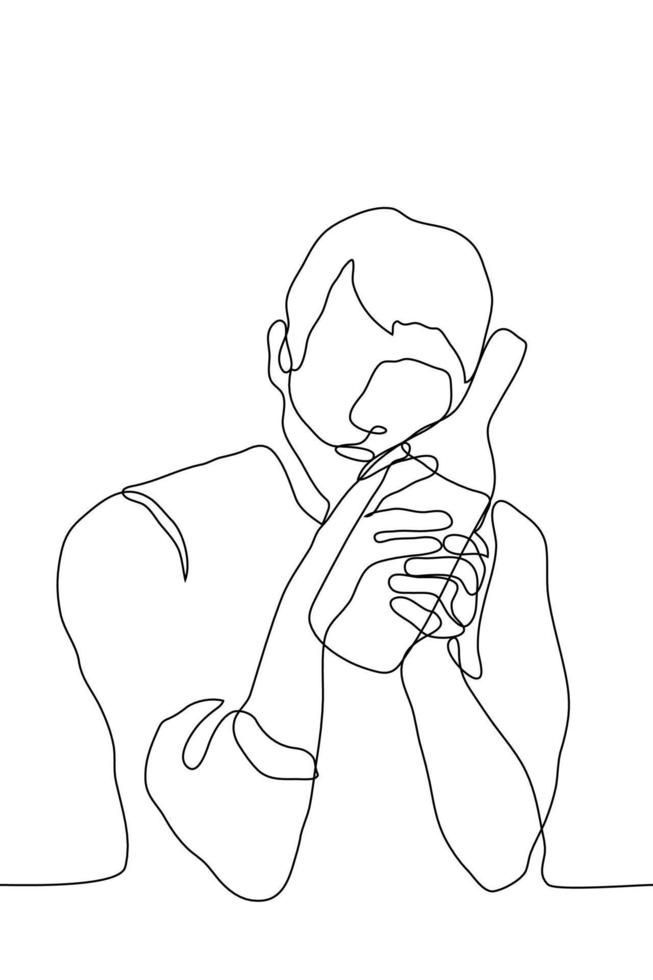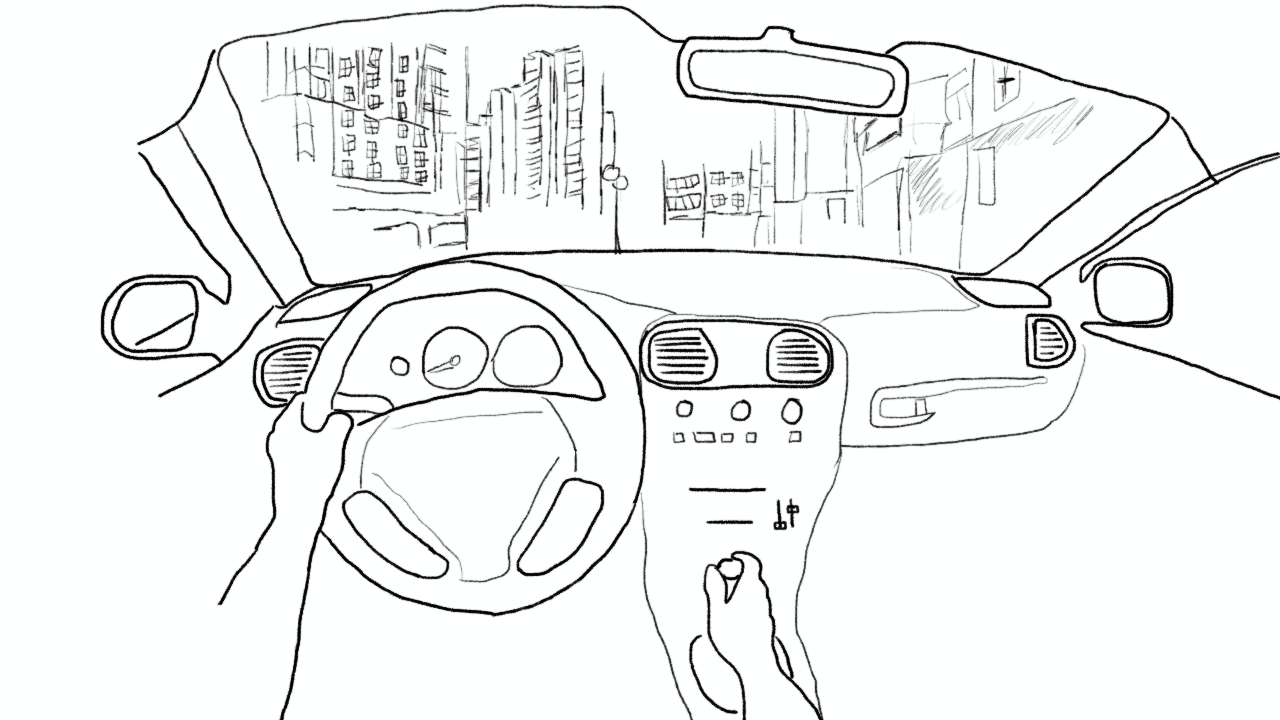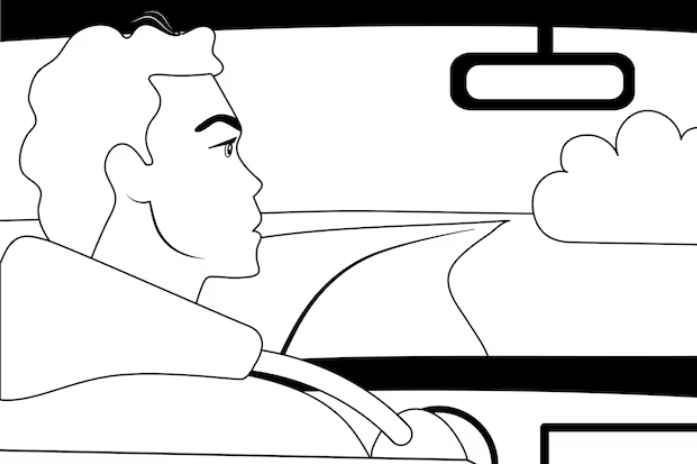

What is drunk in charge of a vehicle ?
Most clients that come to us are unaware that although they make the decision not to drive their vehicle whilst above the prescribed alcohol limit they could still be charged for the offence of drunk in charge of a vehicle.
According to section 5 of the RTA:
“A person who drives or attempts to drive a motor vehicle on a road or other public place or is in charge of a motor vehicle on a road or other public place, after consuming so much alcohol that the proportion of it in their breath, blood or urine exceeds the prescribed limit, is guilty of an offence.”
In terms of proving that the person was in charge of the vehicle whilst above the limit the burden lies on the prosecution in order to put forward evidence to show that the motorist was in fact in charge . If the motorist can prove that there was no likelihood of them driving the vehicle whilst above the prescribed alcohol limit there is no offence .
Alcohol Limits
Level of Alcohol:
Micrograms per 100 millilitres of breath: 35
Milligrams per 100 millilitres of blood: 80
Milligrams per 100 millilitres of urine: 107
Factors determining whether the motorist was in charge
Factors that can determine whether a motorist was in charge of the vehicle can be :
Where the motorist was sitting in the vehicle:
For example if the motorist was found sat in the driving seat of the car with the keys in the ignition this would likely be classed as in charge by the magistrate.
Where the keys to the vehicle were.
If the engine was on or not.
Evidence of driving if present:
This could include a warm engine , witnesses and fresh tyre tracks.
Intent to drive
Please note that although these factors are used in order to determine whether the motorist was in charge of the vehicle the motorist can still be charged with the offence if they are sat in the passenger or back seat . The circumstances surrounding the case as well as the factors above will be considered by the magistrate to make a decision.
What constitutes showing intent to drive?
The motorists intent to drive will be determined by the circumstances and factors surrounding the case . Intent to drive can be determined by things such as location of the vehicle if the motorist is parked outside of a bar at night and found with his/her keys in their possession it will more likely be deemed by the magistrate that they were in charge of the vehicle. Witness statements of the motorist saying they will drive , and whether the individual is in the driving seat will also be considered to make a decision on whether the motorist intended to drive or not . However if intent to drive is not found in your case you can still be charged with the offence if you are found to be in charge of the vehicle .
Drunk in charge while stationary and asleep
Most individuals are more than aware that driving whilst above the prescribed alcohol limit is an offence however few are aware that they could also be charged with an offence simply by being in control of a vehicle whilst above the prescribed alcohol or drug limit. Over the years many clients have come to us who have after an event where they are above the alcohol limit and unfit to drive make the decision to sleep in their car in order to avoid driving home whilst above the limit . However although they were not driving the vehicle they're still charged with the offence of being in charge of a vehicle whilst above the prescribed alcohol/drug limit. The offence of being drunk in charge of a vehicle is less severe in terms of penalties than drink driving but can still have dear consequences to the motorist .
If you have been charged with being drunk in charge of a vehicle whilst sleeping in your vehicle speak to one of our specialist motoring solicitors now at : 0330 341 1690.
Drunk in charge of a vehicle sentencing guidelines
When determining the appropriate penalties that the magistrate should impose on a motorist convicted of drunk driving, the sentencing guidelines are used to make a decision . Please find a table below of the penalties you can expect to face when charged with drunk in charge of a vehicle :
Breath(ug) | Blood (ml) | Urine (ml) | Starting Point | Range | Disqualification or Points |
|---|---|---|---|---|---|
| 36 - 59 | 81- 137 | 108 - 183 | Band B Fine | Band A - Band C Fine | 10 points |
| 60 - 89 | 138-206 | 184 - 274 | Band B Fine | Band B Fine - Band C Fine | Disqualification up to 6 months or 10 points |
| 90 - 119 | 207 - 275 | 275 - 366 | Band C Fine | Band C Fine - Medium level community order | Disqualification up to 6 months or 10 points |
| 120 - 150 and above | 276 - 345 and above | 367 - 459 and above | Medium level community order | Low level community order - 6 weeks custody | 6-12 month disqualification |
F
The fines that you may face are categorised into bands which are shown below:

As well as the sentencing guidelines other factors are also considered by the magistrate such as :
Factors increasing severity
Previous convictions
Offence committed whilst on bail
Failure to comply with current court orders
Offence committed on licence or post sentence supervision
In charge of goods vehicle, PSV etc
High likelihood of driving
Offering to drive for hire or reward
Factors decreasing severity
No previous convictions or no relevant/recent convictions
Low likelihood of driving
Spiked drinks
Remorse
Good character and/or exemplary conduct
Serious medical condition requiring urgent, intensive or long-term treatment
Age and/or lack of maturity
Mental disorder or learning disability
Sole or primary carer for dependent relatives
How we defend drunk in charge offences
No likelihood of driving
The burden of proof lies on the prosecution to establish whether the motorist was in charge of the vehicle or not . With limiting and anecdotal evidence as to what happened this defence is extremely successful if put forward correctly . By crafting a defence where we put forward evidence of your intent , location and other reasons as to why you were not in charge of the vehicle then the charge is acquitted when the evidence points towards you not being in charge of the vehicle .
Procedural errors
One of the most important objections we've found over decades of dealing with Drunk in charge offences is questioning the validity of the procedure. Was the procedure carried out in accordance with the procedural guidelines when you were breathalysed?
Now the most important document relating to your case is the “MGDDA”.
The MGDDA stands for The Manual of Guidance on Drink and Drugs and is a set of procedural forms outlining the breath test procedure. Within the MGDDA the police are required to ask you specific questions required by law, if they fail to do so you are provided with an absolute defence.
Due to many reasons such as inexperienced officers and the time sensitive nature of drink driving offences we find in many cases the MGDDA is not completed correctly .
Errors in testing
The breathalyser calibration process can be summarised in 3 steps:
Measure the simulated exhaled air with a known concentration of alcohol and take down the reading.
Turn on the calibration mode of the breathalyser and measure the simulated exhaled air again. The accuracy of the breathalyser will be adjusted should there be a sensor drift.
Repeat step 1 to verify that the breathalyser reading is accurate.
Now if any of these steps were not carried out correctly then the results of the sample is skewed and you are provided an absolute defence. Again due to the time sensitive nature of Drink Driving offences we find that many times that this step is skipped by the police in order to just charge the motorist as quickly as possible before the alcohol leaves their system .
How we help
At Parnell and peel we specialise in solely drink driving related offences and have for 2 decades . Over the years we've built a long successful track record of motorists we've helped and expert legal defences we have constructed . If you want your case dealt with by a team of specialist solicitors focused on providing you with the best possible outcome in your drunk in charge offence contact us now at : 0330 341 1690.
"I was charged with Drink Driving, and the case looked hopeless, Abdul reassured me, and the CPS offered no Evidence. Abdul is certainly an Expert in Drink Driving and his handling of the case was outstanding"
"I was charged with drink driving and my case looked hopeless. There was witness evidence and forensic evidence. From my first meeting with Abdul he reassured me that we could win the case. Abdul was fantastic and the end result is that I am a happy man as I have kept my driving licence and my job."
"I would like to thank Abdul for his support and professionalism through a difficult phase in our lives.The outcome was the best of what we could have hoped for and would recommend your service to others if needed."
"After an extremely stressful 4 months I am delighted with the outcome . Abdul represented me through-out and was always there to support me when the panic took over and delivered what was discussed at our very first meeting. I cannot thank Abdul enough for all his hard work and helping me keep my driving licence. , I wouldn’t hesitate recommending them to friends and family. Many Thanks."
"I am grateful to Abdul and team. I have avoided conviction for failure to provide despite what seemed to be overwhelming case against me. I am absolutely delighted as my driving licence was everything and I stood on the verge of losing everything. Keep up the good work ."

